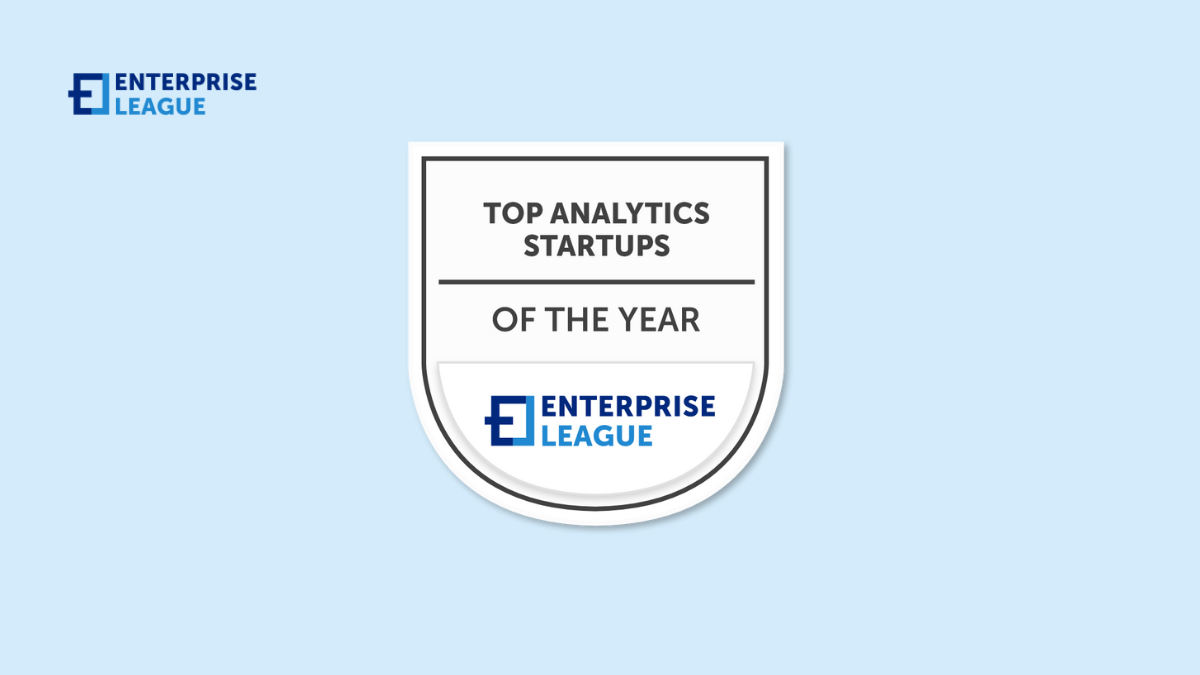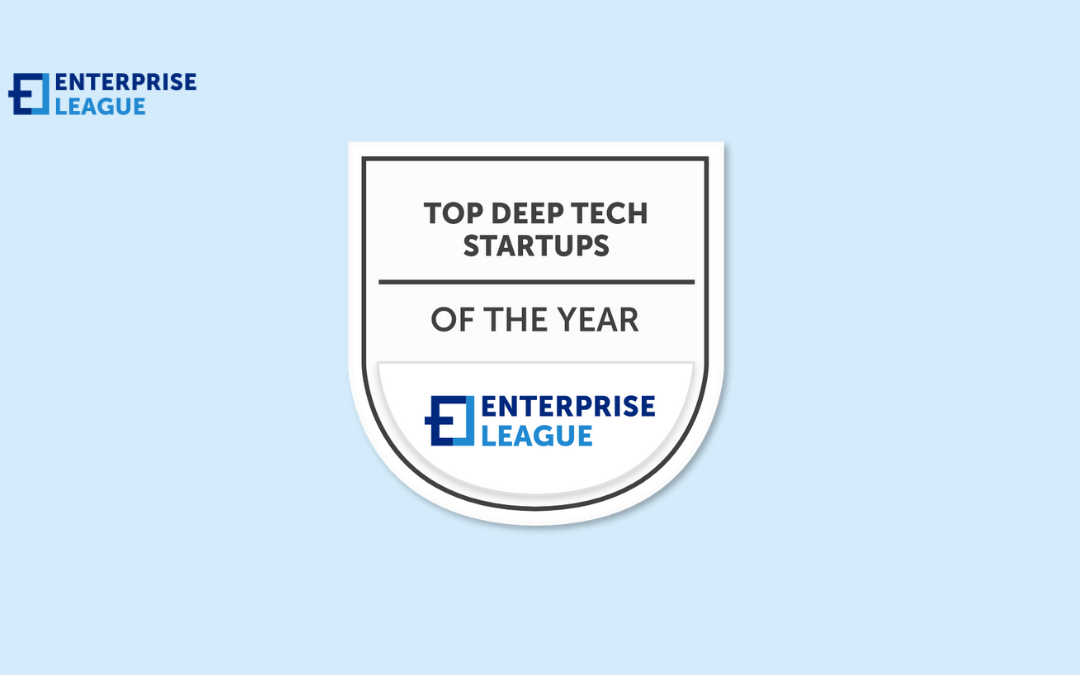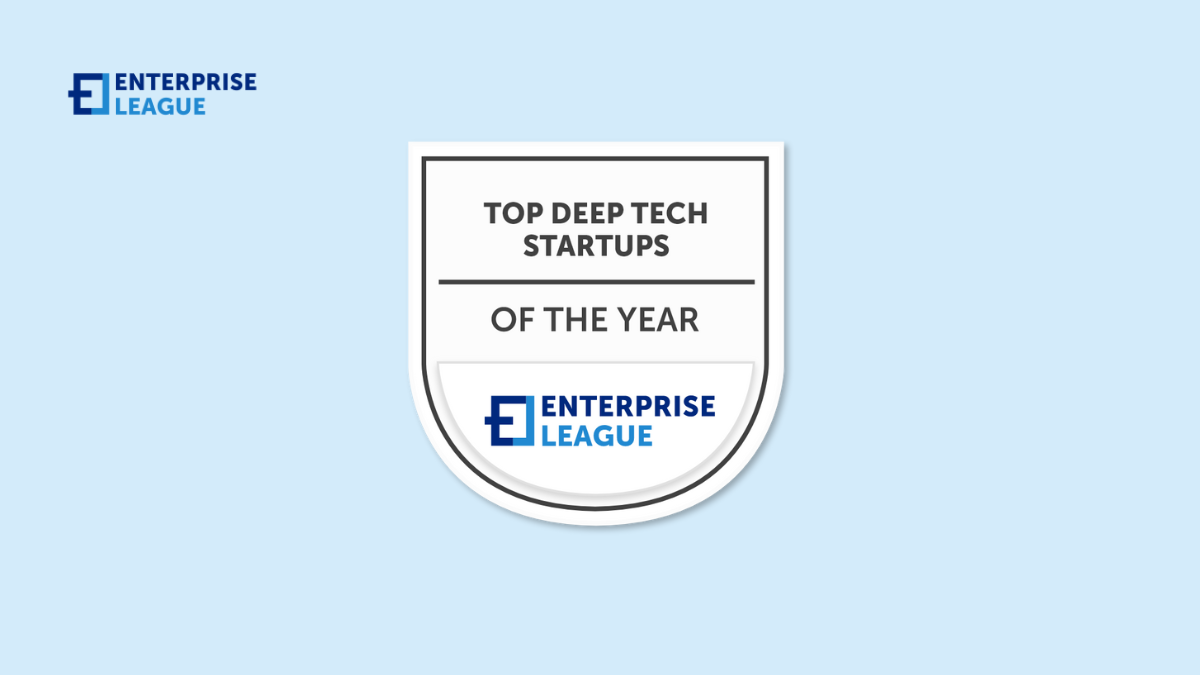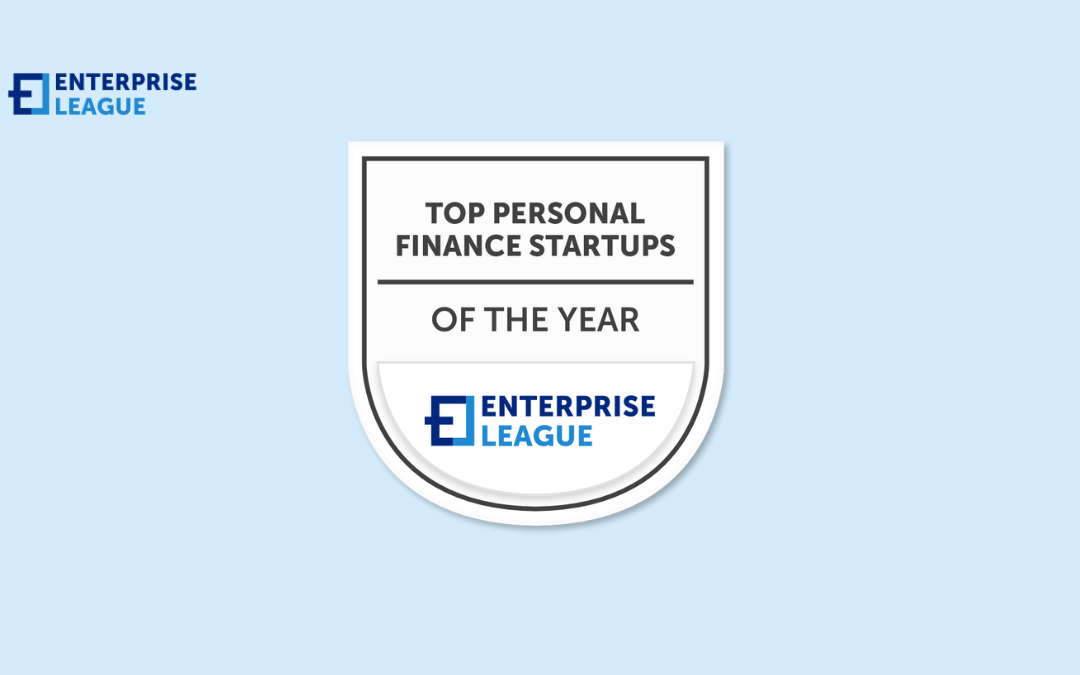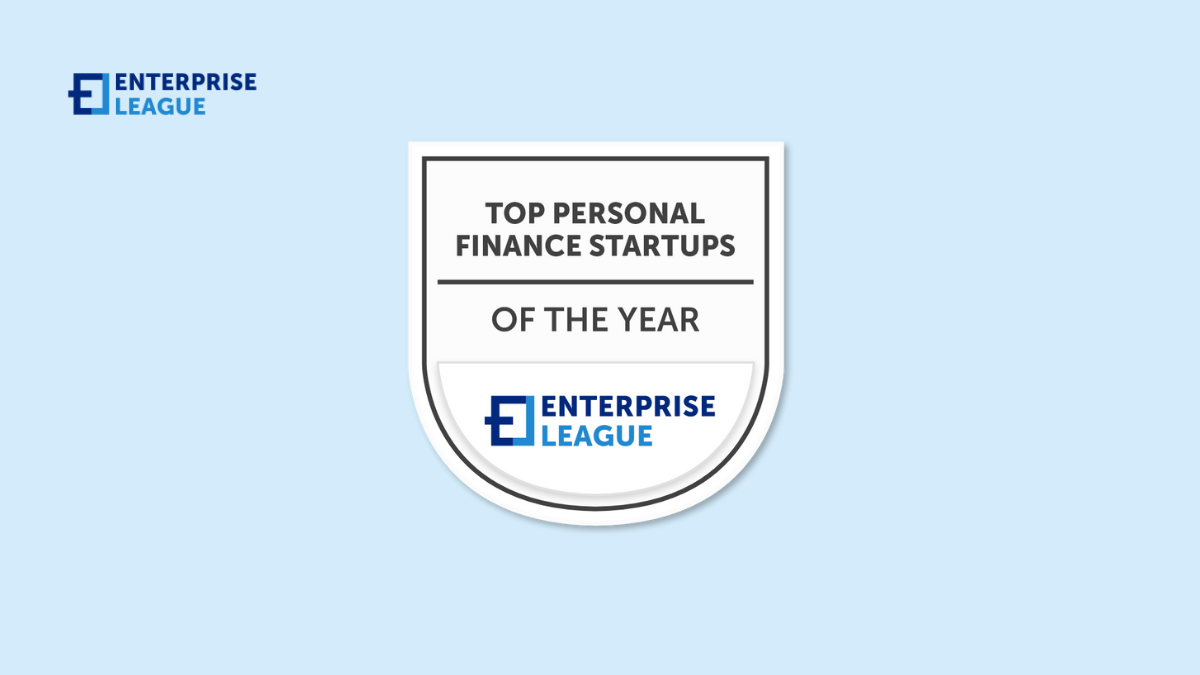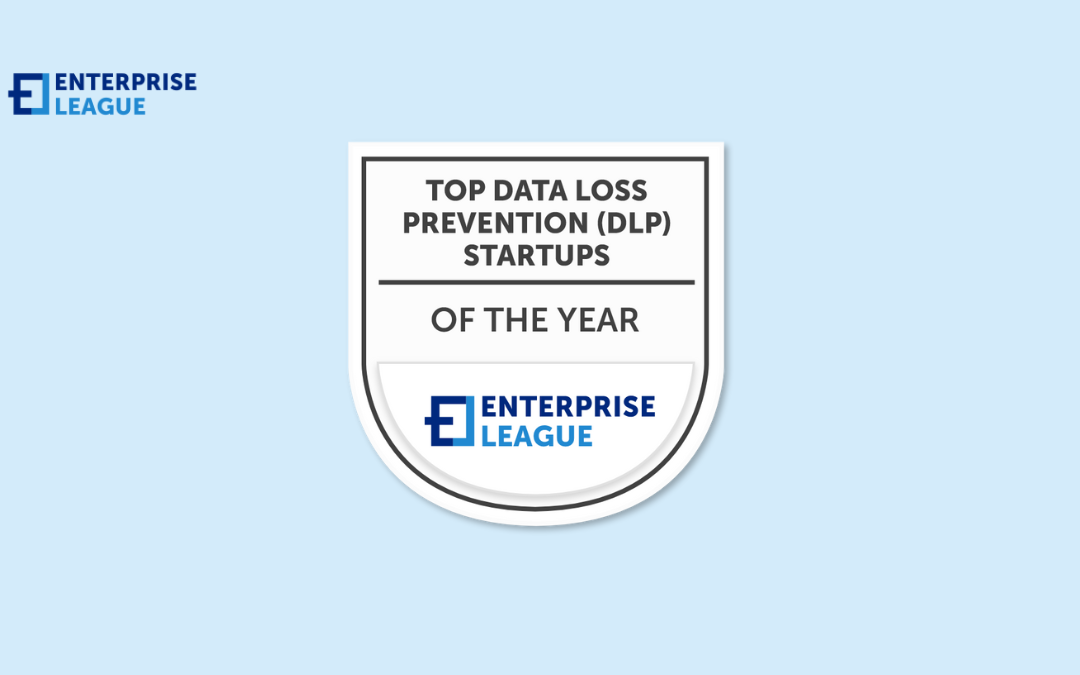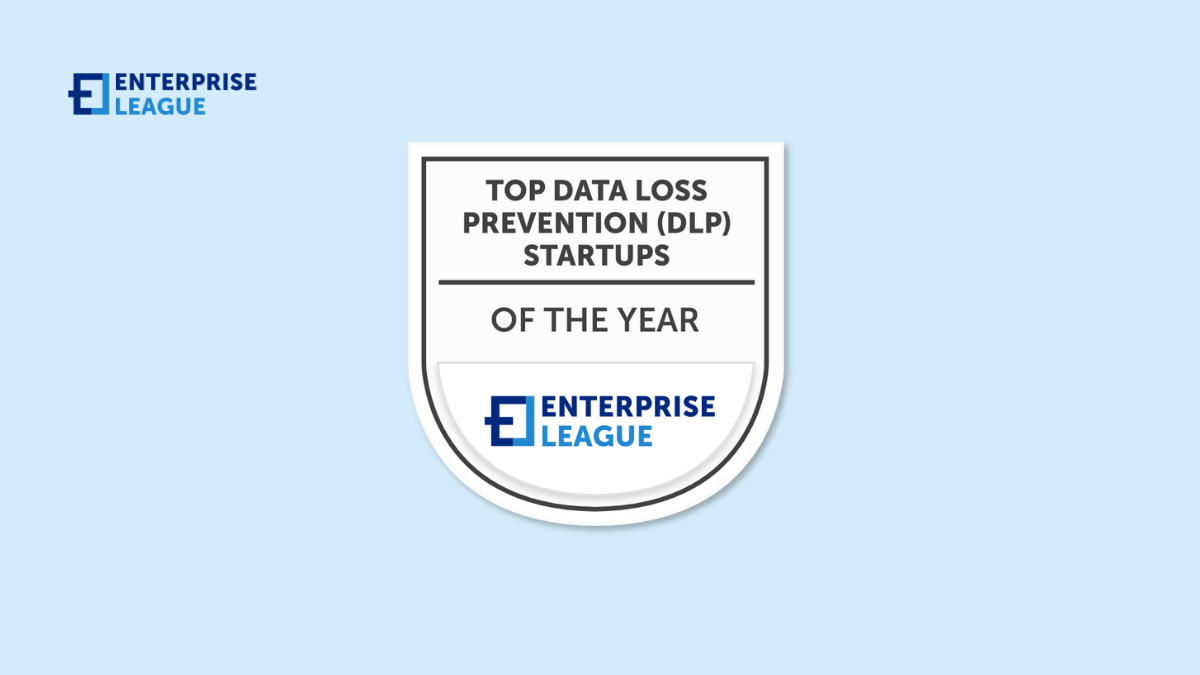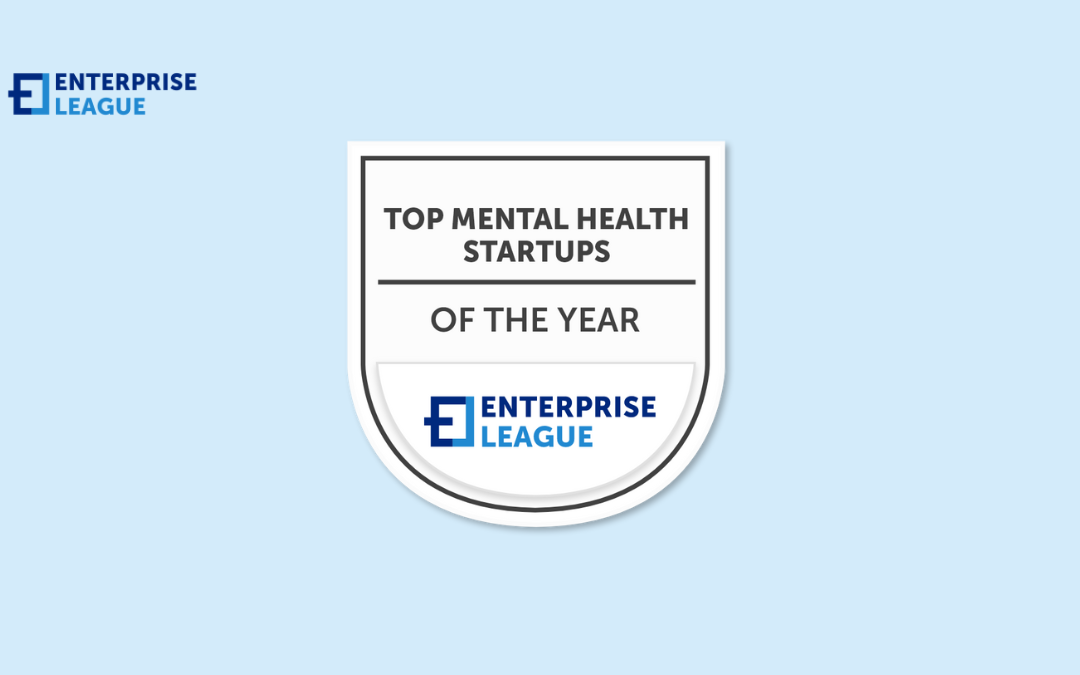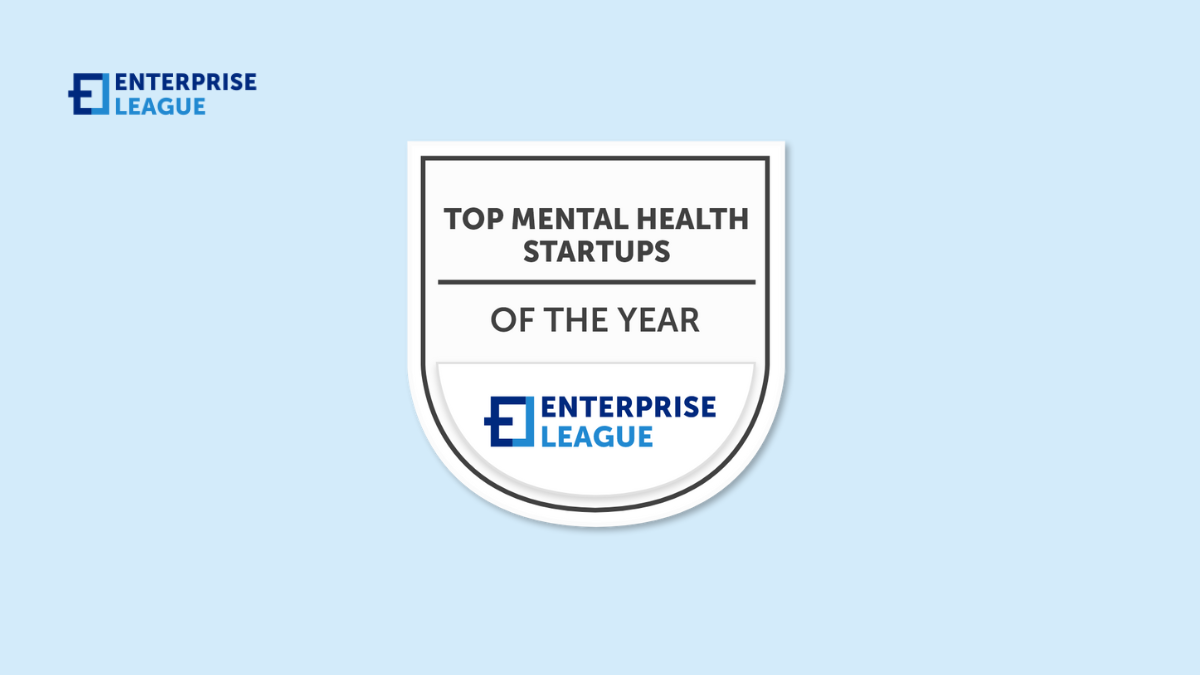If you’re struggling to stay on top of your finances because you lack a financial skillset, learn some cool tips on how to become better at managing your money.
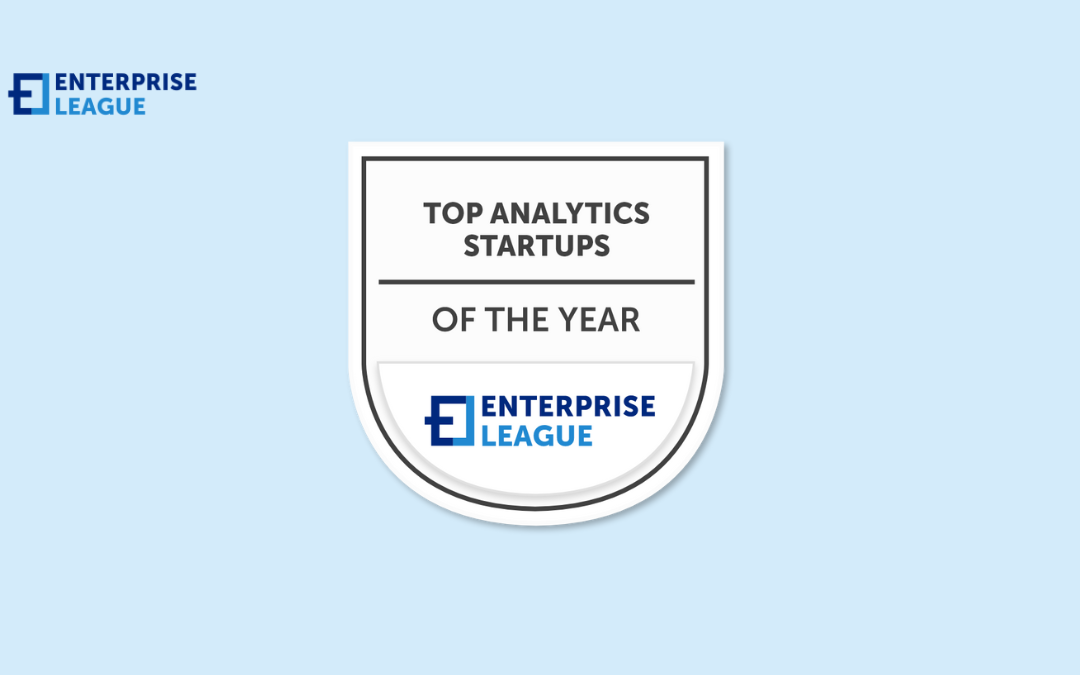
Top 23 analytics startups you should know in 2025
With the ability to collect, analyze, and draw insights from data faster than ever before, companies across industries are becoming increasingly reliant on analytics and business intelligence to stay competitive. So, it should not come as surpise that the global data analytics market size is projected to surpass around USD 393.35 billion by 2032.
A new wave of data analytics startups is leading this data-driven business transformation, building innovative products and services powered by cutting-edge techniques like machine learning, predictive modeling, and artificial intelligence.
What are data analytics startups?
Data analytics startups are focusing on collecting, processing, analyzing, and deriving insights from data using advanced techniques and technologies.
Cerrion
Founded in 2021, Cerrion develops artificial intelligence technology to provide real-time insights for manufacturing companies. They offer a video analytics platform that uses AI and machine learning to monitor production lines. Mounted camera systems stream footage from the factory floor to Cerrion’s cloud platform. Smart algorithms instantly detect anomalies in the processes to spot defects or errors as they happen.
Their AI trainer customizes analysis for different equipment, parts, and normal operations. The Cerrion system tracks overall output quality as well as equipment health to optimize efficiency. It generates alerts for production managers when machines need adjustments or maintenance based on the video analysis. This supports Lean manufacturing goals to increase yield.
Spruce Systems
Spruce Systems provides cutting-edge developer tools for sharing data securely without compromising user privacy. Its comprehensive data security platform lets software engineers embed encrypted data transfer capabilities within any application environment. Core technologies like its Universal Anonymization Engine ensure all sensitive user information gets fully encrypted end-to-end before transmission or storage within Spruce’s protective infrastructure.
This precludes potential privacy leaks from data breaches, unauthorized access, or malicious cyber attacks downstream. Offering military-grade protections recombining data fragments with authenticated cryptography, Spruce furnishes developers enterprise-hardened tools to handle customer data safely while unlocking immense utility from information under the highest standards of confidentiality and integrity controls.
Clari
Founded in 2012, Clari’s platform aims to improve sales productivity. It captures customer data from sources like emails and calendars to track deal progress. This information feeds Clari’s analysis of pipeline health.
The software generates forecasts to help sales leaders direct rep activity. It uses AI to score deals by close likelihood so reps can focus their efforts. Clari also surfaces insights to improve win rates.
Celonis
Founded in 2011, Celonis applies automation and AI onto real-time process event log data to surface process insights, identify bottlenecks, and recommend actions to improve workflow efficiency. This aims to optimize business execution.
By revealing and improving how processes play out across enterprise systems, Celonis provides companies with visibility and tools to continuously execute operations reliably and rapidly.
Sprig
Founded in 2020, Sprig provides an intuitive way for product managers and UX researchers to create feedback workflows and integrate insights into the product development process. This aims to inform roadmaps.
By centralizing continuous customer feedback gathering and analysis, Sprig helps teams validate ideas faster, prioritize features, and optimize user experience to boost product-market fit.
Imply
Founded in 2015, Imply integrates streaming, historical, and business data into its high-performance dedicated OLAP analytics engine optimized for ad-hoc analysis at scale. Their cloud service aims to make insights on data in motion accessible.
By combining real-time and historical context, Imply empowers data-driven decision making that factors in emerging trends alongside historical patterns. This unlocks new analytics use cases for high velocity data.
Grafana Labs
Founded in 2014, Grafana Labs supports the massive Grafana community and also builds commercial enterprise products for metrics monitoring, log analytics, application performance management, Industrial IoT, and more, all leveraging the core Grafana visualization project.
By combining open source data visualization with additional commercial solutions, Grafana Labs aims to provide an integrated platform for observability and operational metrics across cloud infrastructure, applications, IoT and business operations.
dbt Labs
Created in 2016, dbt leverages a programming workflow for managing data transformations to build an analytics schema optimized for BI. The community-driven platform aims to make generating analytics content more productive.
By applying software engineering principles to data warehousing, dbt provides reusable modeling tools that help centralize an organization’s data logic. This increases analytics velocity while ensuring data governance.
Timescale
Initially launched as open source software in 2016, Timescale filled a gap for purpose-built time-series data management compatible with existing PostgreSQL tools and know-how. Their database provided the first enterprise-ready option.
Industry leaders including Comcast, Fujitsu, and Schneider Electric choose Timescale to power time-series applications from DevOps monitoring to industrial analytics. As time-based data proliferates, Timescale provides the storage and analytics foundation.
Census
Founded in 2019, Census understood the headaches engineering teams faced keeping data synchronized as stack complexity grew exponentially. Their platform introduced seamless bi-directional integration to free enterprises from ETL bottlenecks.
Fast growth led by strong word-of-mouth adoption among developers highlights demand for Census’ simplified approach to modern data orchestration. As data volumes and sources multiply, seamless integrations are a requirement.
Firebolt
Founded in 2019 by alumni of Oracle, Google, and high-frequency trading firms, Firebolt brings analytics performance never before possible in the cloud. Advanced engineering delivers the fundamental step-change in speed businesses demand.
Leaders in industries from finance to gaming choose Firebolt for analytics requiring millisecond response times across petabytes of data. As decision windows shrink, Firebolt provides the analytics substrate for the real-time enterprise.
Airbyte
Launched in 2020, Airbyte fulfills the need for user-friendly, scalable data integration as architecture complexity rises. Their open-source platform gives enterprises an essential missing layer to discover, access and leverage data spread across silos.
With a passionate open-source community, over 2,000 GitHub stars, and VC funding, Airbyte leads open data integration innovation. As data silos persist, their agile platform delivers the connectivity and transparency required in the modern data stack.
ThoughtSpot
Founded in 2012, ThoughtSpot realized business intelligence needed a radical simplicity leap to become accessible beyond data scientists. Their search-driven analytics platform enabled anyone to use data, not just view it.
Global leaders like Walmart, BCBS and Petco leverage ThoughtSpot to democratize data-driven decisions by making analytics conversations intuitive. As BI evolves, ThoughtSpot provides the semantic search interface for the modern analytics era.
BeZero Carbon
Founded in 2021, BeZero Carbon develops technology to scale transparent, verifiable carbon marketplaces connecting buyers and sellers. Their platform tokenizes and tracks carbon credits on the blockchain.
By underpinning carbon markets with blockchain trust and efficiency, BeZero seeks to accelerate the growth of environmental assets and their trade at global scale. This promises to drive sustainability.
Isometric
Founded in 2021, Isometric brings scientific rigor to the opaque carbon markets needed for the rapidly growing carbon removal industry to properly scale its climate impact. The platform helps separate high-quality projects from hype.
Isometric works with leading standards bodies and registrars to encourage accountability through transparency and verification of carbon removal initiatives, technologies and Nature-based projects. Their leadership gives credibility vital to spur investment.
OTA Insight
Founded in 2012, OTA Insight offers rate intelligence and parity solutions for hotels, resorts, and vacation rentals. Their platform analyzes market and competitor data to optimize pricing and availability.
By centralizing complex data points into actionable insights, OTA Insight enables hospitality businesses to maximize revenue across channels. Users gain market intelligence to dynamically adapt and compete.
Konux
Founded in 2014, Konux combines IoT sensors on rail assets with AI to monitor conditions and detect anomalies in real-time. This aims to enable predictive maintenance and improved safety.
By continuously analyzing component data, Konux seeks to help rail operators optimize maintenance cycles, reduce breakdowns, and prevent disasters before they occur. The software promises more uptime at lower costs.
Mytraffic
Founded in 2014, Mytraffic aggregates real-time data from sensors and cameras to generate traffic analytics and predictive traffic management tools for municipalities.
By centralizing multiple data sources, Mytraffic aims to help cities actively manage congestion, redirect vehicles, adjust signals, and more to optimize traffic flow. This promises mobility improvements and reduced emissions.
Tessian
Founded in 2013, Tessian applies machine learning to detect and prevent threats on email that evade traditional perimeter and content security. Their platform focuses on risks from misdirected emails, data exfiltration, spear phishing, and impersonation.
Key features include real-time message analysis, user behavior analytics, awareness training, and integration with existing email and security tools. This layers people-centric protection atop infrastructure security.
9fin
Key features include predictive pricing models and strategies, issuer financial analytics, relative value analysis, market sentiment alerts, and deal flow tracking. This empowers more informed investment analysis and decision making.
Atom Learning
Founded in 2012, Atom Learning creates personalized lessons and practice for math, verbal reasoning, and non-verbal reasoning tailored to a student’s unique strengths and weaknesses. Their adaptive platform adjustments difficulty based on performance.
Key features include dynamic problem sets, video tutorials, progress dashboards, and supplemental print materials. This provides engaging, effective learning tuned to each student’s needs.
Cognism
Founded in 2014, Cognism offers an AI sales intelligence platform to improve outbound B2B prospecting. Their technology autonomously searches professional sites to identify, qualify, and initiate contact with potential buyers.
Key capabilities include lead enrichment, company profiling, email sequencing, and integration with existing CRM and sales tools. This automates top-of-funnel activity so reps can focus on meaningful selling.
Kayrros
Founded in 2018, Kayrros applies artificial intelligence to satellite imagery and other data sources to quantify activity, production, and infrastructure across the natural resource sector. Their platform monitors everything from rigs to inventories.
Key information services cover energy fundamentals, ESG analytics, infrastructure monitoring, and market intelligence for commodities including natural gas, oil, and metals. This provides unique insights to inform strategy.
What is Lorem Ipsum?
These analytics startups are doing incredible work helping organizations uncover game-changing findings in their data through techniques like machine learning and predictive modeling. Without a doubt, the future of business is data-driven, and these startups are leading the analytics revolution in exciting new directions.
Discover more creative startups that might interest you:
- Food startups that are developing amazing food making and delivery solutions.
- 3D printing companies with outstanding innovations to improve manufacturing.
- Art startups with creative solutions for artists worldwide.
- Unique Generative AI startups that are going to without a doubt change the world.
Related Articles
How to become better at managing your money
How to make your company excel in 2025
If you have a business strategy that is fully executed you can run a successful company in the long run. Learn how to make your company excel in 2025.
Choosing the right prescription glasses for business professionals
Many business professionals wear glasses for everything from focusing on a screen to reading documents. learn more about the right prescription glasses.
How small businesses with delivery services can save money
Don’t miss out on the opportunity to maximize your financial success! Learn how small businesses with delivery services can cut costs and boost profits.
Maximizing efficiency: 5 tips for effective cloud document management
Using cloud document management can improve workflow, communication, and productivity. Check out the five tips that will help you streamline your documents.

